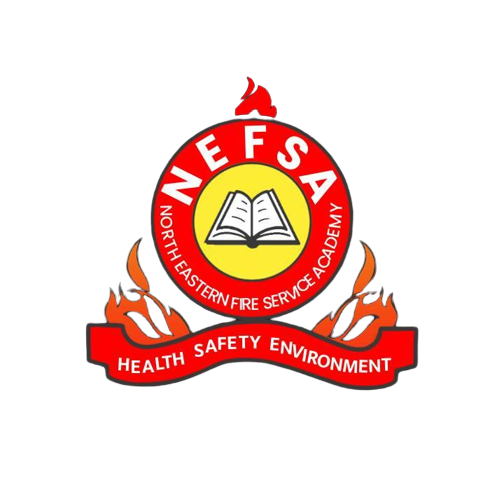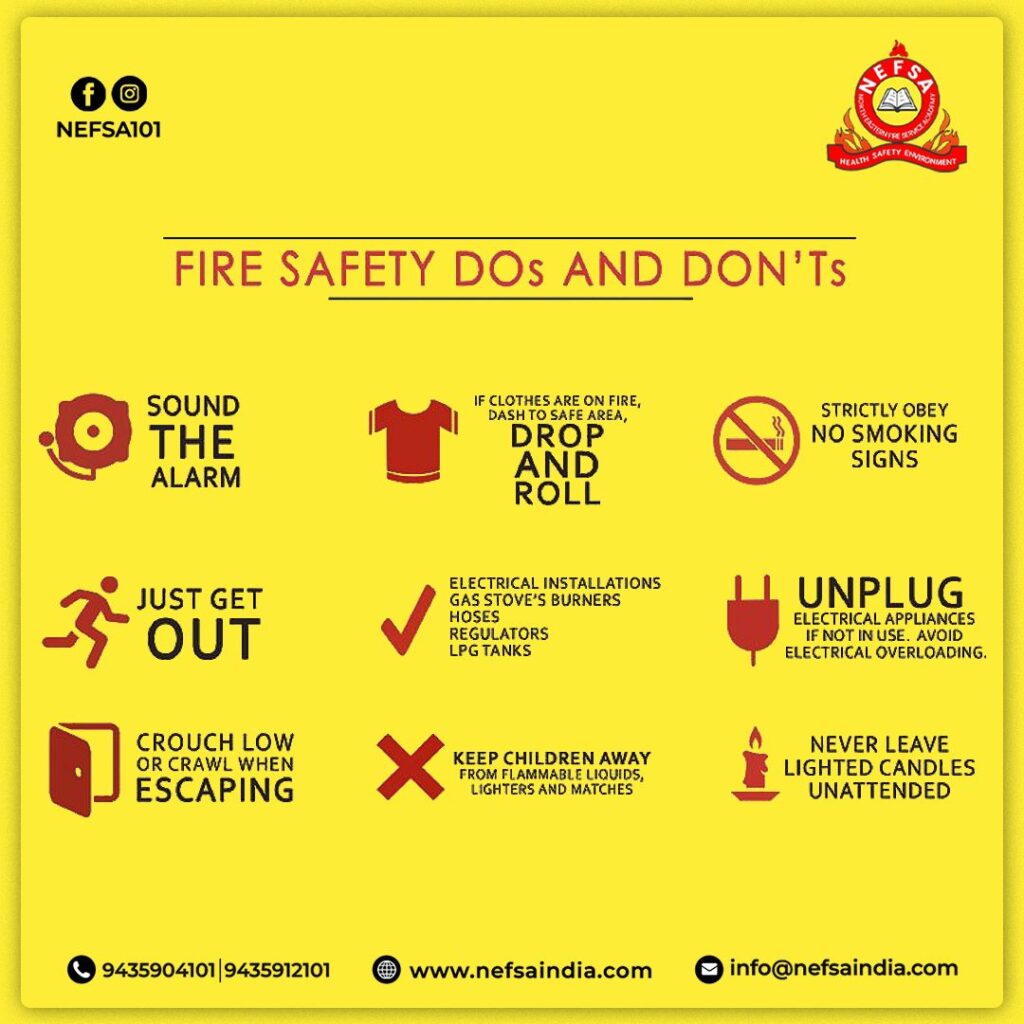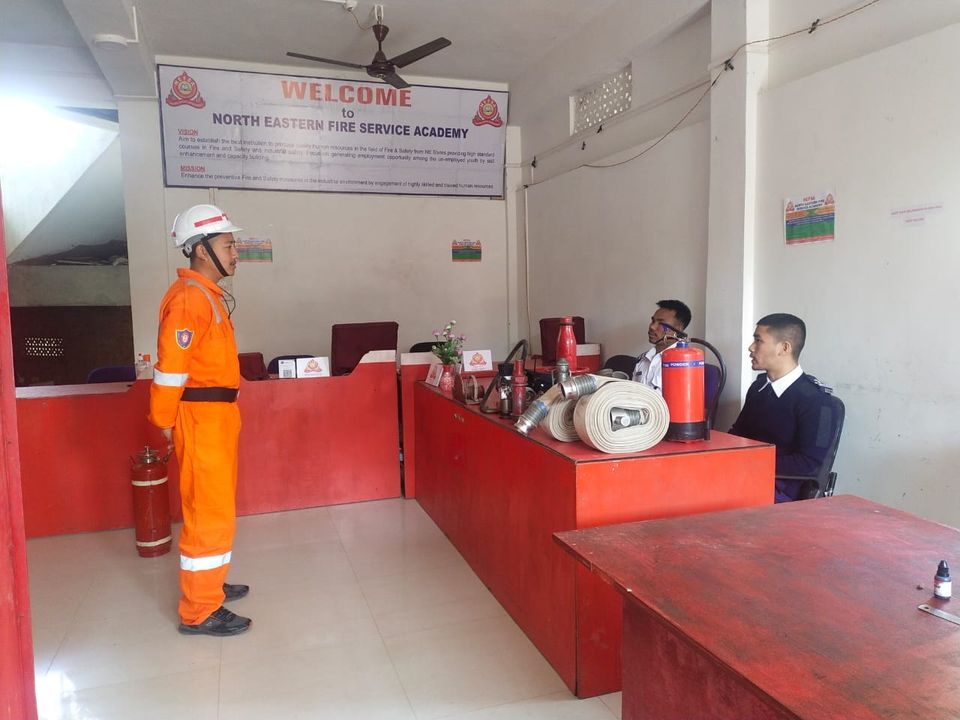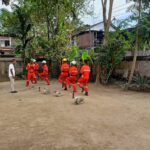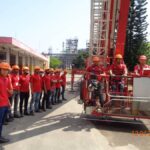Healthcare facilities must take every precaution to prevent fires in order to protect patients, staff, and expensive medical
equipment. The North East Fire and Safety Academy in Dibrugarh understands the urgent need for healthcare practitioners to
receive specialised training in fire safety. In order to give students in Dibrugarh, North East, the skills they need to
effectively prevent, respond to, and mitigate fires in healthcare institutions, this blog emphasises the value of the fire
safety training offered by NEFSA.
-
Understanding the Unique Fire Hazards in Healthcare Facilities:
Due to the presence of combustible materials, high electrical loads, intricate ventilation systems, and the requirement for
life-saving equipment, healthcare facilities pose special fire threats. Students who participate in NEFSA’s specialised training
programme learn about the particular fire dangers that pertain to healthcare facilities, such as the possibility for fire spread, difficulties with patient evacuation, oxygen-rich surroundings, and the secure storage of hazardous chemicals.
-
Fire Prevention Measures:
In healthcare institutions, when patients’ lives are on the line and delicate medical equipment is at risk, fire prevention is
essential. The training course offered by NEFSA focuses on fire safety measures specific to the healthcare industry. The proper
handling and storage of combustible products, electrical safety, preventive equipment maintenance, and the significance of fire-resistant building materials and barriers to reduce fire hazards are all topics covered in class.
-
Emergency Response and Evacuation Planning:
In healthcare facilities, an immediate and well-coordinated emergency response is essential in the case of a fire. With the help of NEFSA’s training, students can efficiently manage fire emergencies. In order to ensure a safe and orderly evacuation, they study emergency evacuation protocols, communication protocols, the correct use of fire extinguishers, and the significance of instructing staff and patients on evacuation routes and procedures.
-
Specialized Fire Safety Equipment and Systems:
To properly handle fire events, healthcare facilities need specialised fire safety equipment and systems. Students who participate in the NEFSA training programme learn how to operate and maintain fire detection systems, automatic sprinkler systems, fire alarms, and emergency lighting in healthcare facilities. Students also learn the significance of doing routine tests and inspections to guarantee the efficiency of these systems.
-
Compliance with Fire Safety Regulations:
To ensure a secure environment for patients, workers, and visitors, healthcare institutions must comply to strict fire safety rules and guidelines. The primary goal of NEFSA’s training programme is to inform students of the pertinent fire safety laws and regulations that apply to healthcare institutions. Students receive instruction on how to follow fire safety regulations, the value of performing fire drills, and how to put fire safety policies and procedures into practise.
Conclusion:
To safeguard patients, employees, and priceless medical supplies, healthcare facilities must be fire-safe. Students in Dibrugarh, North East, receive comprehensive knowledge and abilities for fire prevention, emergency response, and adherence to fire safety rules particular to hospital settings through NEFSA’s specialised training. In Dibrugarh, North East, where patient care and the preservation of life are vital, NEFSA students play a critical role in preserving the safety and well-being of healthcare facilities by placing a high priority on fire safety. To join our academy click www.nefsaindia.com
